Today’s readings: Isaiah 57:15-19 | Philippians 4:6-9 | John 14:23-29
We hold these truths to be self-evident, that all men are created equal, that they are endowed by their Creator with certain unalienable Rights, that among these are Life, Liberty and the pursuit of Happiness.
That to secure these rights, Governments are instituted among Men, deriving their just powers from the consent of the governed…
So begins our nation’s Declaration of Independence, a document of inestimable worth, authored by passionate men. The independence that document brought came at the price of many lives, and so that independence and the rights it brought forth, must always be vigorously defended and steadfastly maintained. Almost 200 years later, the bishops of the Church, gathered in synod for the second Vatican Council, spoke boldly of the specific liberty of religious freedom. They wrote:
This Vatican Council declares that the human person has a right to religious freedom. This freedom means that all men are to be immune from coercion on the part of individuals or of social groups and of any human power, in such wise that no one is to be forced to act in a manner contrary to his own beliefs, whether privately or publicly, whether alone or in association with others, within due limits.
The council further declares that the right to religious freedom has its foundation in the very dignity of the human person as this dignity is known through the revealed word of God and by reason itself. This right of the human person to religious freedom is to be recognized in the constitutional law whereby society is governed and thus it is to become a civil right. (Dignitatis Humanae, 2.)
So the Church teaches that the right to free practice of religion belongs to each person as part of their fundamental human dignity. A person’s right to form a relationship with, worship, and live in accord with the God who created them is foundational to all civil liberties. And while having this right in a nation’s constitution is important, actually putting it into practice is another matter entirely.
In our nation, the free practice of religion was so important that those passionate men took the radical step of breaking ties with the country of their patrimony, and forging a new nation. Because of that, we have inherited the freedom they fought hard to arrange. But again, we have to be vigilant to protect that freedom, or it can become just words on paper.
Freedom of religion was never intended to be freedom from religion, a notion that well-meaning agnostics, atheists and secularists have sought diligently to popularize. The Church teaches that true freedom isn’t some misguided notion of being able to do whatever on earth we want, regardless of the needs and rights of others: our own freedoms are never meant to impinge on the freedom of another. As Saint John Paul said, “Freedom consists not in doing what we like, but in having the right to do what we ought.”
So it is important on this Independence Day, to take a stand for freedom that is truly free, to defend the freedom to which our Founding Fathers dedicated their lives, and to insist that our freedoms are not just freedoms on paper, but instead, true freedoms, extended to every person. Because it is that freedom that leads us to our God.
In today’s Gospel, Jesus gives to his Apostles, and to us, the peace that comes from the abiding presence of the Holy Spirit in our lives. That Spirit leads us to truth and peace and ultimately into the presence of God himself. Blessed are we, free are we, when we put aside everything that gets in the way of the Spirit’s action in our lives and impinges on our true freedom to walk with our God.
In the last line of the Declaration of Independence, our forefathers pledged themselves to the great task of building a nation based on freedom: “And for the support of this Declaration, with a firm reliance on the protection of divine Providence, we mutually pledge to each other our Lives, our Fortunes and our sacred Honor.” They gave everything so that we might all be free. May we always make the same pledge that our nation may always be great.

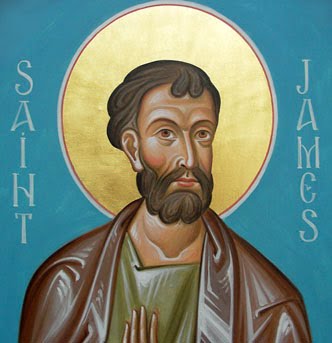

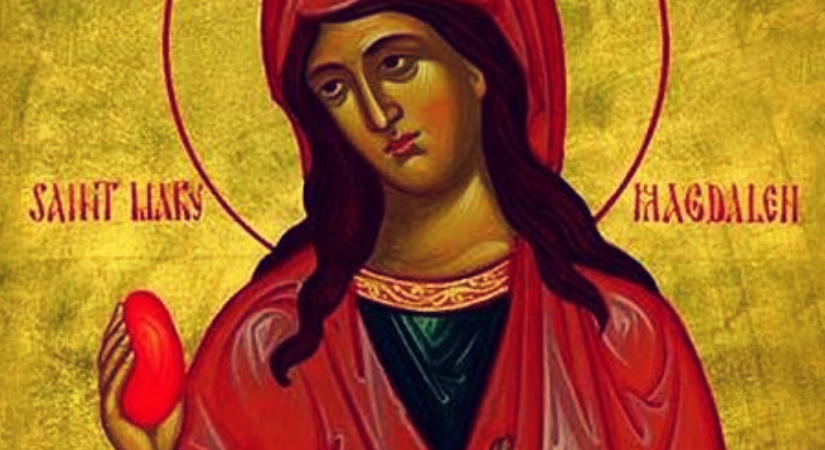
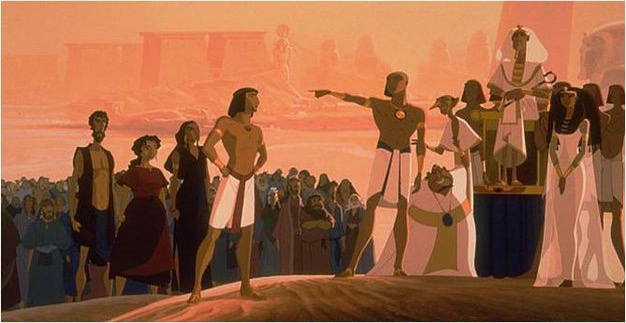
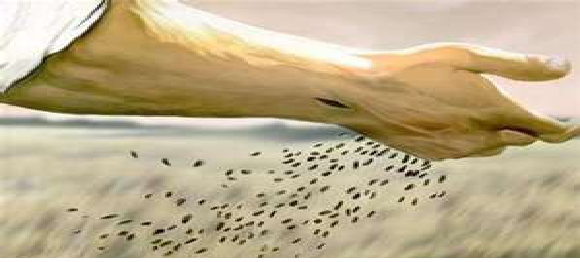
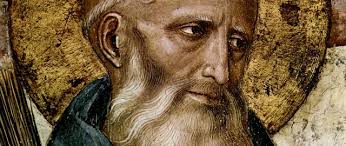

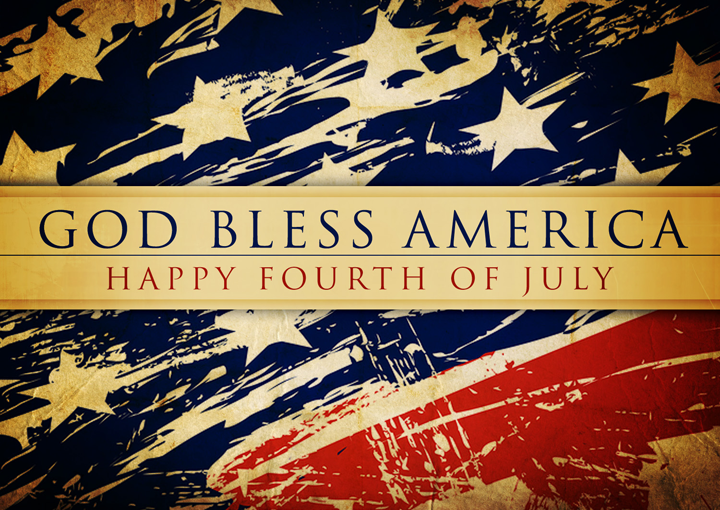
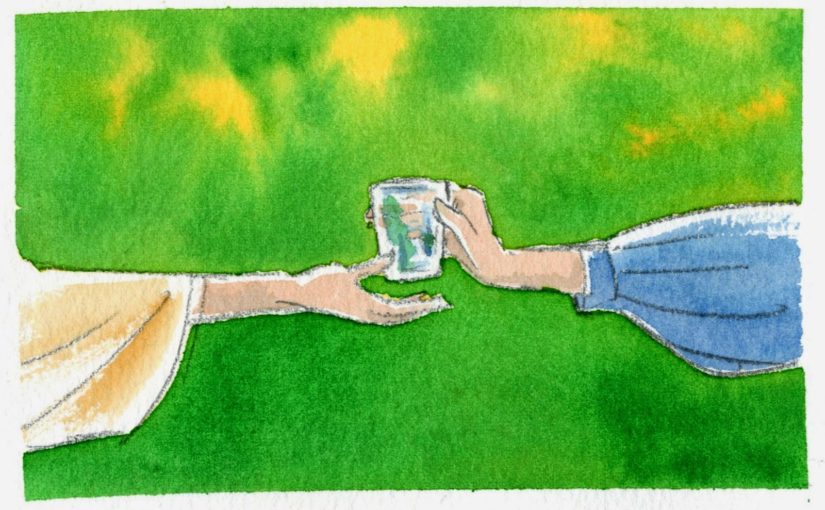
You must be logged in to post a comment.